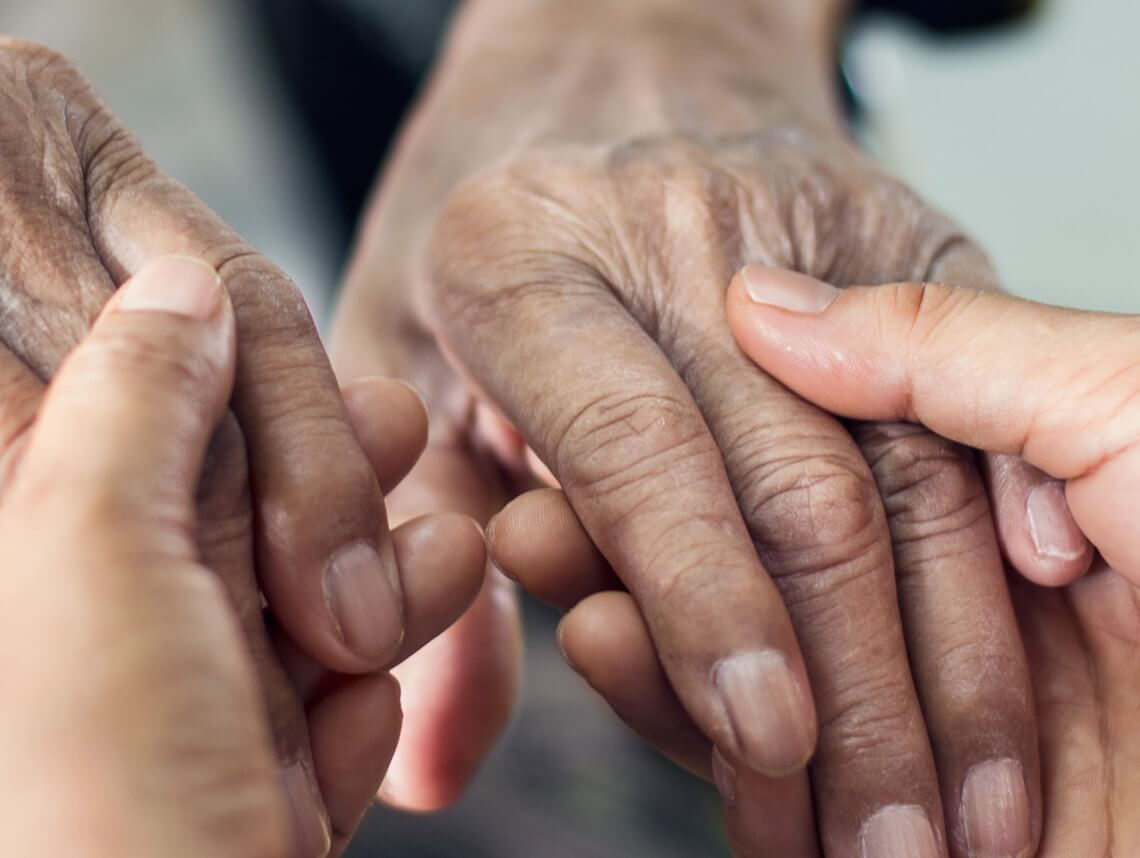Whenever a loved one gets diagnosed with a medical condition, the entire family feels the consequences. There’s confusion, stress, and fear while you get used to this new reality. You also have to learn an entirely new language to understand what doctors are explaining. Such is the case with sarcoidosis. What does the condition entail? What causes it? What are the symptoms? And, what are the best forms of treatment?
What is sarcoidosis?
Sarcoidosis is a disorder that causes inflammation of the organs. Although it mostly affects the lungs and lymph nodes, it can also cause granulomas (clumps of inflamed cells) to form on other organs. It rarely affects children — with most symptoms occurring in people between the ages of 20 and 40.
In some individuals, the condition goes away on its own; while for others, it may last for several years and cause scar tissue — which can lead to permanent organ damage. While there is no cure for sarcoidosis, the condition can be managed with treatment. If sarcoidosis affects the heart, it could result in heart failure.
Causes of Sarcoidosis
The cause of sarcoidosis is unknown. However, the condition is triggered by increased activity in the immune system — such as when your body is trying to fight off an infection or bacteria. It could also be caused by exposure to environmental contaminants, chemicals, and other foreign agents, especially if you are genetically predisposed to the condition. Others who are also at a higher risk of developing sarcoidosis include those who work in moldy or dusty environments.
Symptoms of Sarcoidosis
Some people with sarcoidosis do not experience any symptoms. However, those who do, will develop different symptoms depending on the organs affected. The most common ones include flu-like symptoms, including:
- Fever
- Fatigue
- Dry mouth
- Nosebleeds
- Swelling of the abdomen
- Unintended weight loss
- Swollen lymph nodes
- Pain or swelling in joints, such as the ankles
If the granulomas occur on or near the lungs, you may also experience additional issues. These include:
- Shortness of breath
- Wheezing
- Chest pain
- A dry cough
If the granulomas occur on the heart, your symptoms will differ. In addition to the initial symptoms, you may experience:
- Irregular heartbeats
- Chest swelling
- Chest pain
- Shortness of breath
- Fainting
- Fatigue
- Rapid or fluttering heartbeat
- Swelling caused by excess fluid
If the inflammation occurs on or around the eyes, the telltale signs will indicate that. This includes:
- A burning sensation
- Discharge from the eyes
- Itchy eyes
- Dry eyes
- Eye pain
- Vision loss
- Sensitivity to light
- Severe redness
When sarcoidosis affects the skin, these signs will be visible. The most common symptoms include:
- Skin rashes — red or reddish-purple bumps, usually located on the shins or ankles, which may be warm and tender to the touch
- Disfiguring sores on the nose, cheeks, and ears
- Raised scars
- Hair loss
- Growths under the skin — particularly around scars or tattoos
Diagnosing Sarcoidosis
Because sarcoidosis includes symptoms that are also common in other health conditions, it may be difficult for your healthcare provider to determine that’s what you’re suffering from. They will conduct a physical examination that includes checking your lymph nodes, listening to your heart and lungs, examining your skin, and checking for an enlarged liver. Additional testing may include an electrocardiogram (EKG), blood tests, CT scan, PET scan, x-rays, or a biopsy.
Sarcoidosis Treatment
Once sarcoidosis has been confirmed, your doctor will prescribe medications if the condition is severe. These include corticosteroids, tumor necrosis factor-alpha (TNF-alpha) inhibitors, or Hydroxychloroquine. Which medication to use will depend on the organs affected. If the condition has caused severe permanent organ damage, an organ transplant may be necessary.
Contact Sonas for Home Health Care in Florida
It can be hard to balance your time between work, home, and caring for a loved one. That’s why our team of skilled professionals at Sonas Home Health Care is here to help.
Our home health care services offer support in the comfort of your home. We refer loving and competent nurses to provide customized care for families — from a few hours a day to around-the-clock supervision. Contact us directly to speak with a home health care professional or request a free in-home assessment. Together we can determine the best plan of action to keep your loved ones happy and healthy.
If you or a loved one are considering adult or pediatric home health care services in Florida, contact the caring staff at Sonas Home Health Care. Call today at (888) 592-5855.
This blog was reviewed by Jillian Miller BSN, RN — Director of Nursing for Sonas Home Health Care’s Tampa Bay market — for clinical accuracy. Jillian Miller has been a nurse for 16 years — working primarily in pediatrics. She believes the best part of working with the pediatric population is when you see smiles from clients when you first enter the room. She loves seeing the difference you can make in families’ lives while providing the best care possible for them.

